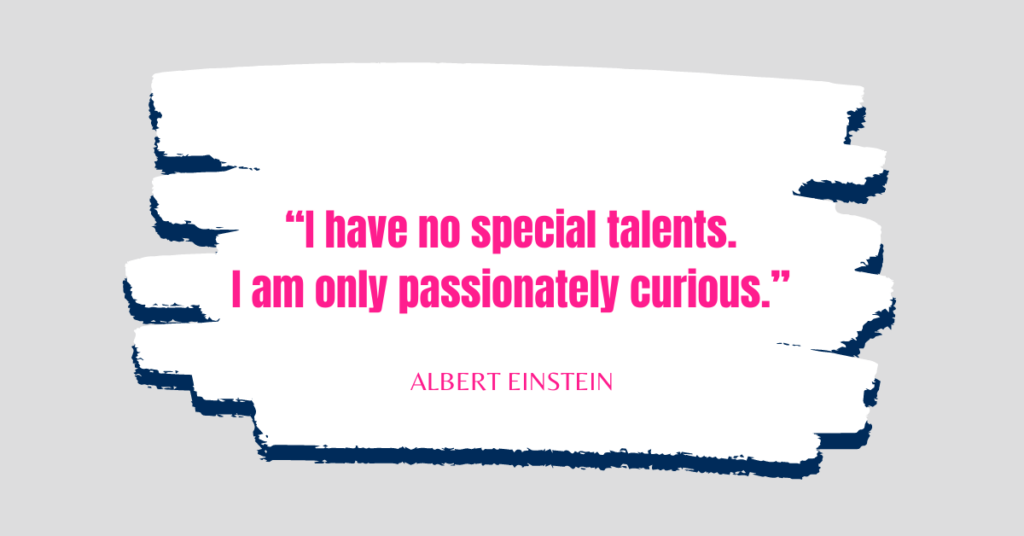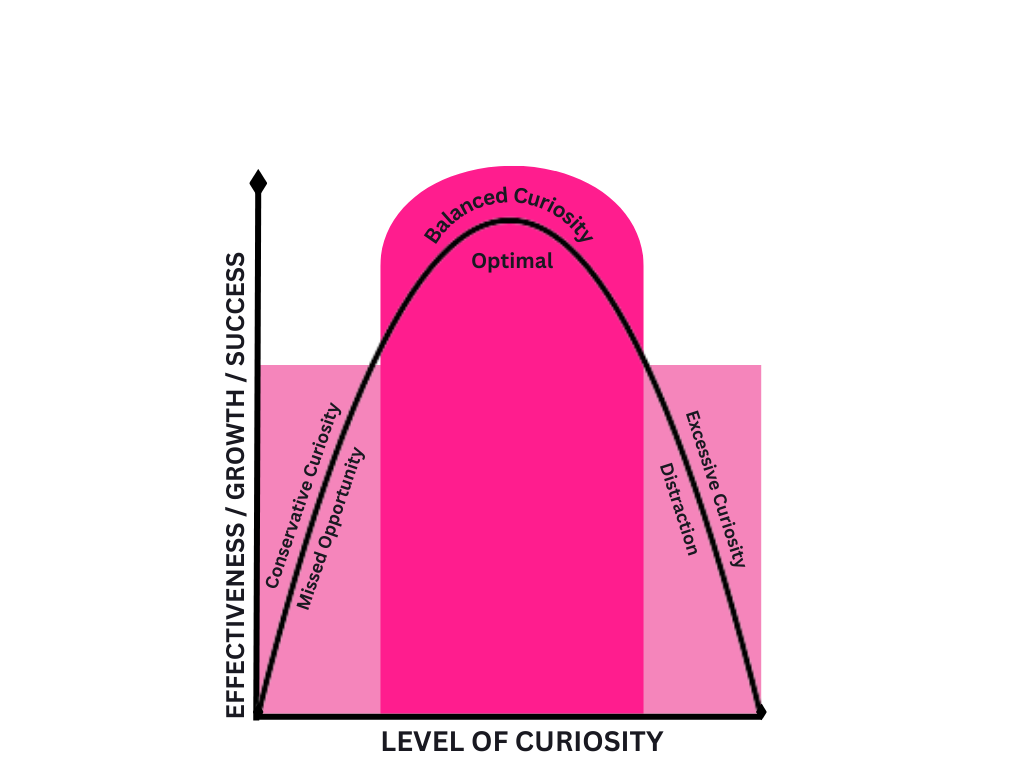August 28th, 2024

—

—
Stay Curious
Several years ago, I worked as a contract trainer for one of the Big 4. During my years of contracting and offering classroom training in Lead Auditor and IMS, I met hundreds of students. After one training week, I spoke with one of the students, Julie, and we later met for coffee. When we sat down, Julie gave me a notebook.
The phrase “Stay curious” appeared on the notebook cover. Julie had purchased this for me because she felt that my curiosity stood out in the way I delivered my training. I was absolutely astonished because I had never considered this, but she was correct. Curiosity is just in my nature, therefore I hadn’t ‘given it a name’ yet. I kept this notepad in my bag as a reminder for years, and it’s a slogan I still live by and share with others.

—
But Didn’t Curiosity Kill the Cat?
We’ve all heard “Curiosity killed the cat,” a warning against needless research and experimentation. Is curiosity really a threat? Interestingly, the proverb says, “Curiosity killed the cat, but satisfaction brought it back.” The second part is commonly overlooked yet drastically changes the meaning. Curiosity may lead to unexpected situations, but gaining new ideas may be deeply satisfying.
Curiosity goes beyond sticking our noses in things. It drives learning, innovation, and advancement. Curious minds have made important discoveries and creations throughout history. The apple falling on Newton’s head and curiosity-driven space explorations show that a curious mind is powerful. Of course, not all curiosity is equal. The line between constructive curiosity and recklessness is thin. A thoughtful and guided curiosity that deepens our understanding and links us to the world is the key. Julie’s “Stay Curious” notebook reminds me of my own experiences. It constantly reminded me that my curiosity was a tool for engagement and education. This motto has guided my career and encouraged others I’ve taught and mentored.
In the Harvard Business Review article, The Business Case for Curiosity it states that both leaders and employees understand that curiosity creates positive outcomes for their companies. In the survey of more than 3,000 employees, 92% credited curious people with bringing new ideas into teams and organizations and viewed curiosity as a catalyst for job satisfaction, motivation, innovation, and high performance.
Goldilocks Zone of Curiosity
In the classic tale of Goldilocks and the Three Bears, Goldilocks seeks out the option that is ‘just right’ among the extremes of porridge bowls. Similarly, in the quest for personal and professional growth, there exists a ‘Goldilocks Zone of Curiosity’—a balanced state that is neither too meagre nor too overwhelming. This optimal zone fosters an environment where curiosity catalyzes learning and innovation, steering clear of the pitfalls of under-engagement and the chaos of excessive exploration.

Goldilocks Zone of Curiosity Quiz
Find out the best auditing career for you by answering some quick questions. It’s easy, fun, and designed to help you find your perfect job path.
Next Steps: Fostering Positive Interest Here is how you can use this great attribute for good:
- Keep an open mind when trying new things. This openness fosters learning and progress.
- Never be afraid to ask questions. Every query leads to more knowledge.
- Explore Widely: Vary your interests. More diverse interests mean greater experiences and broader views.
- Regularly Reflect: Reflect on your findings. Experience becomes insight through reflection.
Curiosity can lead to discovery, learning, and personal growth. Don’t ignore curiosity. Embrace it, use it constructively, and enjoy its unlimited possibilities.

View comments
+ Leave a comment